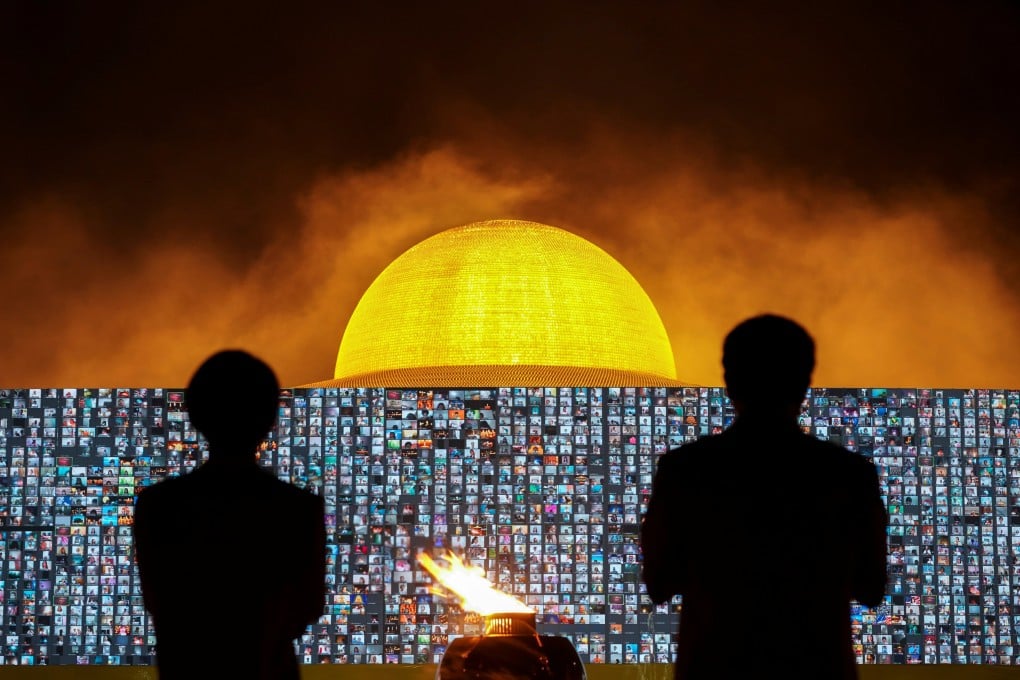Outside In | Thailand’s decision to physically host Apec recognises virtual meetings are no substitute for the real thing
- Millions of dollars in corporate travel – and tonnes of carbon emissions – have been saved, thanks to virtual meetings
- But person-to-person relationships historically drive progress in organisations like Apec and the G20

No more long, exhausting flights across a region spread from St Petersburg in the West, to Atlanta, Santiago and Arequipa on the eastern side of the Pacific. So many millions of dollars saved. No more dislocation of family life or normal work routines.
Some dreamt of enhanced efficiency and productivity as they avoided 15-20-hour air journeys, jet lag and millions of tonnes of carbon emissions.
So it is perhaps brave of Thailand, next year’s Apec chair, to decide to restore physical meetings. Many members will undoubtedly protest at the Luddite technophobic reluctance to recognise and embrace the “tele-everything” world fast approaching.
But are the Thais wrong? Can we not subsist satisfactorily on Zoom (or MS Teams) meetings, attended from the comfort and convenience of our homes and offices? Can we not submit, discuss and edit plans and reports remotely?
Would this not ensure that items on long and detailed agendas are discussed only by those with an active interest or expertise, no longer wasting the time of those less interested?

